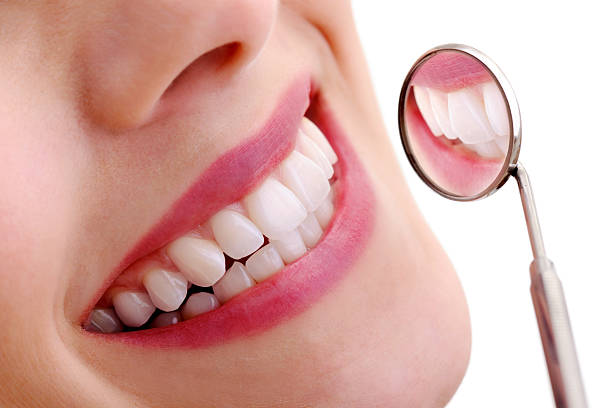
When you think of oral health, you might first picture clean teeth and healthy gums. But there’s another crucial factor that often goes overlooked—bite alignment. Bite alignment refers to how your upper and lower teeth come together when your mouth is closed. A misaligned bite, also known as malocclusion, can lead to several issues that impact everyday functions like chewing, speaking, and even breathing. Correct bite alignment isn’t just about appearance—it’s essential for long-term dental and overall health.
Why Bite Alignment Matters
A properly aligned bite allows the teeth to function as they’re intended. When teeth are not aligned, it can lead to uneven pressure, jaw discomfort, or even damage over time. Many people don’t realize they have bite issues until they experience symptoms like headaches, worn teeth, or difficulty speaking. Fortunately, with regular dental visits and modern orthodontic options, bite issues can be identified early and treated effectively.
Key Impacts of Bite Alignment
-
Chewing Efficiency and Digestion
-
A misaligned bite can make chewing difficult or inefficient, leading to larger food particles entering the digestive tract. This puts extra strain on the stomach and intestines and may lead to digestive discomfort over time.
-
Proper bite alignment ensures food is broken down thoroughly, which is the first and crucial step of healthy digestion.
-
-
Speech and Pronunciation
-
Bite issues, especially in growing children, can impact how certain sounds are formed. Misaligned teeth or jaw positions can cause lisps or other speech impediments.
-
Orthodontic treatment can significantly improve speech clarity by allowing the tongue and mouth to move properly during communication.
-
-
Overall Oral Health and Jaw Comfort
-
Poor bite alignment may lead to uneven tooth wear, cracked teeth, or enamel erosion. This makes your teeth more vulnerable to cavities and sensitivity.
-
TMJ (temporomandibular joint) issues, such as jaw pain or clicking, are often linked to an unbalanced bite and can cause chronic discomfort if left untreated.
-
Takeaway: It’s More Than Just a Smile
Bite alignment isn’t just about having straight teeth—it’s about functionality, comfort, and long-term wellness. Left unaddressed, bite problems can quietly lead to oral health complications and affect everyday life. Whether it’s difficulty chewing, discomfort in the jaw, or changes in speech, the effects can be subtle but significant.
If you suspect your bite might be off—or if you notice uneven wear, jaw tension, or speech changes—talk to your dentist or orthodontist. Early evaluation can prevent more complex issues in the future and help restore full comfort and function to your bite.
Recent Comments